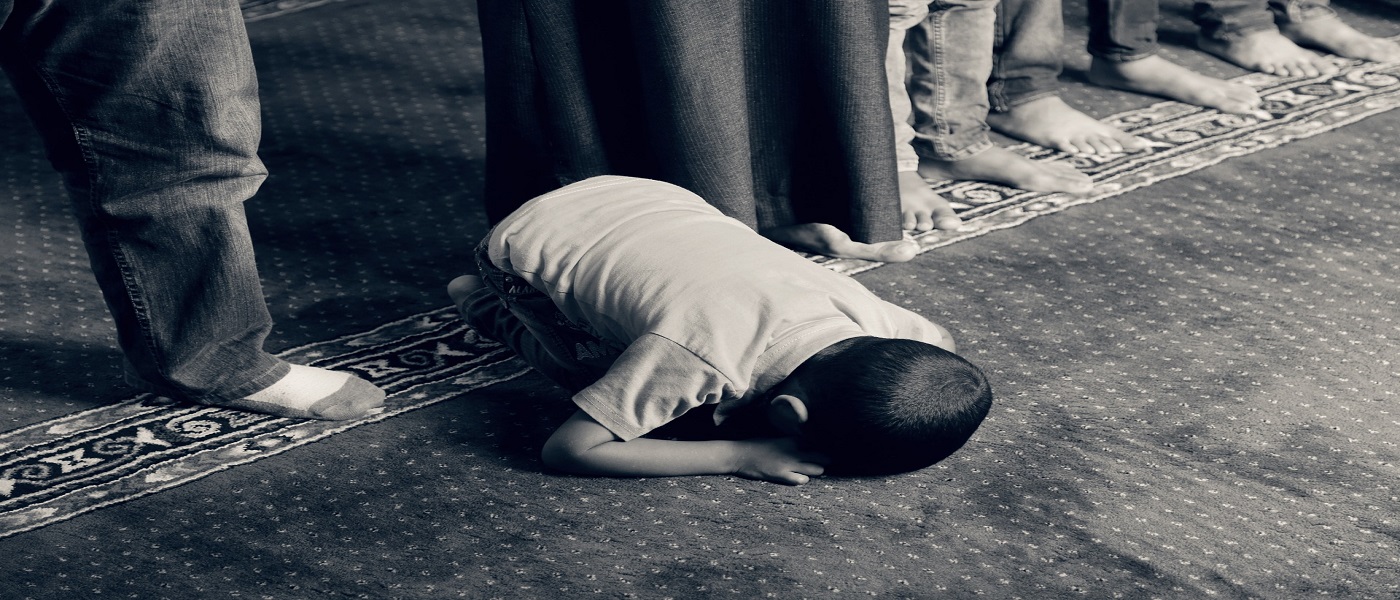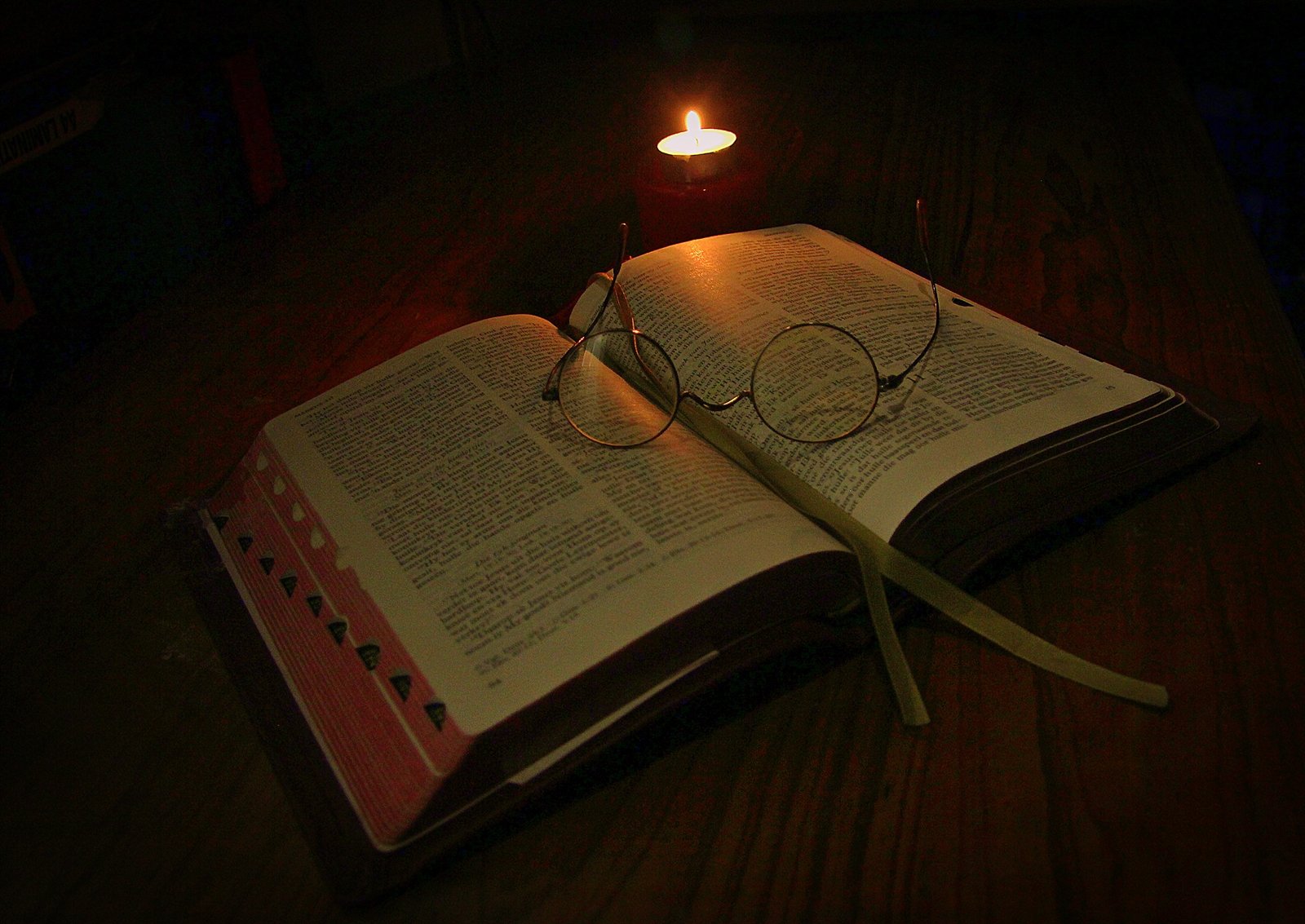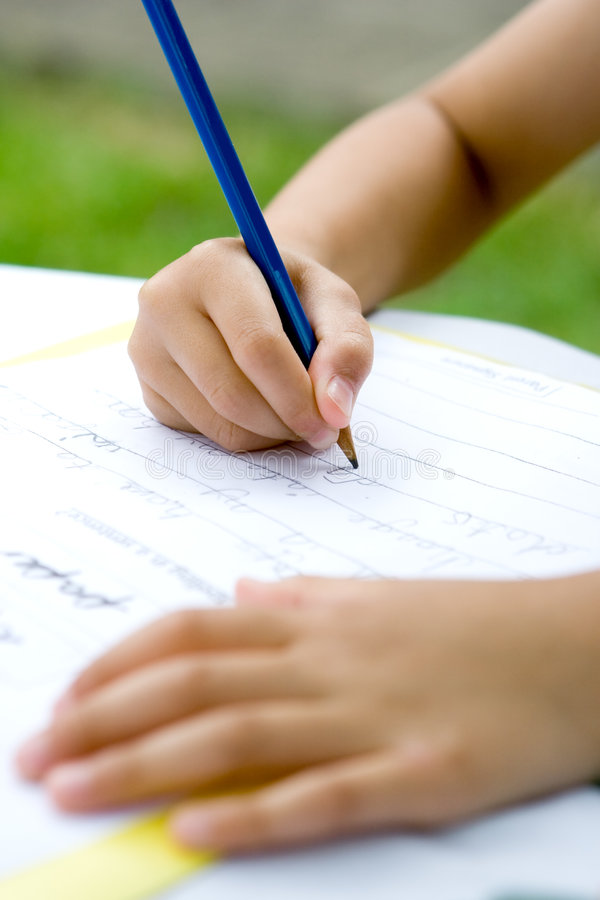

Why do Muslims pray 5 times a day?
Islam considers Praying (Salat) five times a day [1] as one of the most important practical principles. The more times one does something, the more it becomes part of him/her and his/her character; so does prayer. Also, if there were just one prayer a day, people would be more at risk of skipping it by telling themselves: it is only one! Let’s do it tomorrow! But, essentially, why should Muslims perform the daily prayers? Here are some of the answers to this question.
Daily Prayers in Islam (Salat) Help to Be Always Clean
Of the prerequisites of the prayer is the purity of the body from major impurities [i], minor ones [ii], and the purity of clothes and place. These conditions need a state of physical and spiritual cleanliness to stand before God. So, praying five times a day bounds Muslims to take a bath regularly, wash the face and hands at least five times a day.
These are the practices of personal and public hygiene. According to Prophet Muhammad (PBUH&HP), the prayers act like a river passes nearby one’s house: “If there was a river at your door and you took a bath in it five times a day, would you notice any dirt on you? That is the parable of the five prayers by which Allah removes sins from one’s soul.”[1].
Moreover, several narrations recommend wearing perfume and brushing the teeth before ablution (Wudu) and prayers (Salat) [2,3,4]. These and other narrations, emphasize the importance of appearing clean in public and private.
Daily Prayers in Islam (Salat) Promote Solidarity among Human beings and End Social Rankings
Muslims, all, should pray in the same uniform way, and manner, facing the same direction. No matter what their social position is, where they are on this planet, and what language they speak. This, particularly, means that all human beings are the same before God. Moreover, all the identical acts and words during prayer and positioning towards the same direction, are the practices of promoting solidarity among Muslims, especially when repeated at some times every day.
Becoming Organized by Praying every day
Praying five times a day at certain intervals is an important tool. Since it allows a Muslim to organize his/her day, be aware of time, practice and take the control over his/her daily life.
Spiritual Impacts of Daily Prayers in Islam (Salat)
Becoming more Confident
Much of what we say in our prayers is actually asking for divine help to be righteous in our decisions and actions. And, God has promised in the Quran to respond to whoever that calls him (40:60). This gives a good feeling. Knowing that a kind, wise and superior power hears us and will help us through the hard moments. He also makes us more confident and determined in our decisions.
Inner Peace
Just as we need food to meet our physical needs, Islam teaches us to pray and worship to get the food for our souls. That is inner peace and tranquility.
Fewer Errors and Sins
One of the main objectives of daily prayers (Salat) is to remember God. It also helps to purify ourselves and keep away all the evil thoughts and actions. "Indeed, prayer prohibits immorality and wrongdoing ... And Allah knows that which you do." (29:45).
Prophet Muhammad (PBUH&HP) said that Satan is afraid of the faithful Muslim who performs the prayers (Salat) in their right times. Once a Muslim forgets to do the prayer at the right time, Satan becomes encouraged to tempt him/her to do great sins [5].
If we once do wrong to someone, we will be ashamed of him/her, or we do not even dare to face him/her the next time we meet. Prayer has the same effect. It is the confrontation of one's conscience, knowing that nothing can be hidden from God, whether manifested or concealed. Then, it becomes more difficult to commit evil deeds when we have to stand five times a day in front of God who knows every detail about us.
Remembering the Philosophy of Life
Another purpose of prayer for a Muslim is to remember. At fixed intervals, no matter how busy a Muslim is, he/she might ask himself, “OK, why am I here, what do I do in this world?” Also, prayer helps Muslims to be accountable for their daily actions which greatly change their perceptions of life.
On top of everything, worshiping God is the purpose for which the humankind was created: “And I did not create the jinn and mankind except to worship Me.” (51:56).
Last but not least, what do we usually do to one who has done a favor to us? The answer is: try our best to compensate, or at least to thank him/her even several times. Now, how can we compensate the blessings that God has given us? It is not possible! Then, we pray to thank Him for all the wonderful, beautiful blessings that He has given us. Although we do not deserve many of them.
Notes:
[i] Can be removed by ritual bathing (Ghusl)
[ii] Can be removed by ablution (Wudu)
References:
- Ibn Babawayh, “Man la yahduruhu al-Faqih”, vol.1, p. 316.
- M. al-Kulaynī, “Al-Kafi”, vol. 5, p. 511.
- M. al-Kulaynī, “Al-Kafi”, vol. 5, p. 515.
- Ibn Babawayh, “Al-Khisal”, p. 481.
- Ibn Babawayh, “Uyun akhbar al-Rida”, ch. 30, T. 21.
Share This Article

What is the Philosophy of Prayer in Islam? Part 1
Prayer in Islam (Salat) is the most important practical principle such that no one can be exempted from [i]. Soldiers involved in a war, patients in hospitals, passengers on airplanes or ships, all should perform the prayers (Salat) even with some modifications based on their circumstances. Of course, Islam has placed a lot of emphasis on prayer for some reasons. These reasons are reviewed in this article as the Philosophy of Prayer in Islam.
The Philosophy of Prayer in Islam, A Practical Principle of Islam
According to Prophet Muhammad (PBUH&HP): “The prayer is the pillar of religion, and its parable is that of the prop of a tent – when the prop remains upright, the pegs and ropes remain straight and upstanding, but when the prop bends or breaks neither the pegs nor the ropes remain upright” [2]. This statement highlights the importance of the prayer in Islam.
The inclination toward goodness and avoiding evils are of the outcomes of practicing the prayers. "Indeed, prayer prohibits immorality and wrongdoing ... And Allah knows that which you do" (29:45). In other words, the prayer in Islam is the base, and every other act of a Muslim is influenced by that.
Two Major Roles of the Prayer in Islam
There are two main roles for the prayer in Islam: the spiritual promoter and the permanent reminder. Prophet Muhammad (PBUH&HP) said: “The prayer of a person is (in reality) a light in his heart, so whoever desires, can illuminate his/her heart (through the prayers)” [3].
Doing the prayers every day, one repeatedly remembers God in intervals, renews his\her promise of servitude to God, purifies him\herself and tries to keep away all the evil thoughts and actions [1]. According to Imam Ali (AS), Evil will be jealous of the person who stands up for the prayer because he sees the Mercy of God encompassing that person [4]. Hence, the prayer as a repeated reminder stops from sins and develops Infallibility.
The Prayer, a Repeated Call
Some discuss that why one should perform the prayers five times a day? Is it to show up every day and remind God that we are there and we are His servants? Of course not! As stated earlier, it is to remind us of God unceasingly and to remember that we are His servants. If one forgets for an instant that He is present everywhere and observes us (“Neither drowsiness befalls Him nor sleep” (2:255)), he\she might be easily at the risk of committing evil deeds. These evil deeds might be harmful to either oneself or even others. So, the prayer has both the individual and social consequences.
A real prayer has some prerequisites; cleansing through ablution (Wudu), standing in the presence of God with the whole heart and body, not wearing usurped clothes or not performing the prayer in a usurped place, etc. According to Imam Ali (AS), the prayer will not be accepted if the clothes of a person and where he\she does the prayer are not lawful (Halal) [5]. Moreover, Imam Ali (AS) said that whoever performs the prayer and perceives what he\she is doing and saying, his\her sins will be forgiven once the prayer ends [6].
All these demonstrate that the attempt for performing a true prayer results in several accomplishments such as respecting the rights of others, purity of the appearance and the inner self, etc. Having fulfilled all these conditions, one could meet the divine requirements and reach the happiness promised through performing a “complete prayer”.
No Substitute for the Prayer in Islam
Some people suppose that they do not need to perform the prayers. They say that serving the human beings who are the creatures of God equals worshipping God. They claim that there is no need to do the prayers as an act of worship. Instead, they try to do good to other humans. To answer, the prayer is a support for the morals and social principles. As stated above, it reminds us of the ethical behavior, the social responsibilities that one has towards others, and prevents from doing wrong to others [1]. Hence, the prayer can never be replaced with any other good deed.
Notes:
[i] The only exception is about women during menstruation.
References:
- Shaikh al-Hur al-Aamili, "Wasail al-Shia", p. 214.
- A. al-Hindi, “Kanz al-Ummal”, vol. 7, T. 18973.
- Allama Majlisi, “Bihar al-Anwar”, vol. 82, p. 207.
- H. Harrani, "Tuhaf al-Uqul", p174.
- " Makarim al-Akhlaq", p. 300.
Read More

Reading and Writing in Islam
At the beginning of Islam, the number of literates in the whole Mecca was about 17 people (1). In those times, it was even considered as a shame to be able to read or write (2). In the ancient times, people mostly weren’t able to read and literacy was the exclusive privilege of the royal families or rich people. However, in the Arabia, even the royal families couldn’t read or write. Once, Prophet Muhammad (PBUH & HP) wrote a letter to “Bakr ibn Va’il”, a large Arab tribe, and enjoined them to believe in Islam; but when they received the letter, they weren’t even able to read it (3).
In spite of these shameful circumstances, Allah al-mighty sent His most important apostle to the people with only a book as his miracle. The first verses of the Quran, revealed to the Prophet (PUBH & HP), are about reading:
Read in the Name of your Lord who created; (1) created man from a clinging mass. (2) Read, and your Lord is the most generous, (3) who taught by the pen, (4) taught man what he did not know. (5) [96:1-5]
Knowledge and Literacy in Islam
Muslims differentiate between the era before the Messenger (PBUH & HP) and the era after him based on peoples’ knowledge. We call the time before the rise of Islam “The Ignorance era”.
The holy Prophet (PBUH & HP) taught people that knowledge is the criterion that sets them apart . The Holy Quran says:
Say, ‘Are those who know equal to those who do not know?’ Only those who possess intellect take admonition (39:9)
About learning, the Holy Messenger (PBUH) says:
Seek knowledge even if you have to go to China to find it. (4)
Imam Ali (AS) also highlights the Importance of knowledge in his speech with one of his companions:
O Komeil! Knowledge is better than wealth, because knowledge protects you. But for wealth, you have to protect it. Wealth and money get less when you spend them, but by using your knowledge or by teaching it to others you even get more knowledgeable … O Komeil! The ones who love wealth excessively, are like dead people (spiritually) even if they are alive (Physically). However, the spirit of knowledgeable ones will always be alive in the hearts of people even if their bodies are dead. (5)
The Holy Messenger (PBUH & HP) even considered learning as “Vajib” which means that learning is an obligation for every Muslim:
Seeking knowledge is an obligation for every Muslim, men and women (6)
One of the clearest signs that shows the Prophet (PBUH & HP) wanted everybody to be literate and knowledgeable is that he ordered the slaves after the Badr war to teach the children of Medina to read and write and in return, the slaves would be free. (7)

Keeping the Knowledge Safe
The Holy Quran says:
By the pen and what they write (68:1)
We all know that without writing, we weren’t able to communicate our thoughts and ideas with each other and we couldn’t keep them for future generations. In this regard, the Holy Prophet (PBUH & HP) says:
Keep your knowledge safe.
Some people asked:
How can we do that?
The Prophet (PBUH & HP) replied:
By writing it! (8)
Moreover, Imam Sadiq (AS) said to one of his pupils, Mufazzal ibn Umar:
Write and spread your knowledge among the people and if you were going to die, leave your writings for your children because there will be a chaos in the future and in those times, people will not find any peace except in their books (9)
He also said:
Keep your writings because you will need them in the future (10)
Imam Hassan (AS) would gather his children,his niece and nephews and tell them:
You may be considered as kids now, but it is so likely that you will be the elders of many groups and families in the future. Therefore, it is your duty to seek for knowledge. And if there are some people among you who cannot memorize their knowledge, they must write and put their writings in their houses and keep them safe. (11)
Carriers of Books
Action and knowledge are inseparable in the Islamic view. If you act without having enough knowledge and data about the work you’re going to do, you will spoil it and your efforts will be in vain. Imam Sadiq (AS) says:
The one who acts without having enough knowledge is like a passenger who goes on the wrong road. So they get farther and farther from their destination as they go faster and faster. (12)
On the other hand, knowledge without acting is also useless. Imam Ali (AS) says:
Knowledge without action is like a tree without fruit or like a bow without its string (13).
The Holy Quran also says:
The example of those who were charged with the Torah (Old Testament), then failed to carry it, is that of a donkey carrying books. Evil is the example of the people who deny Allah’s signs, and Allah does not guide the wrongdoing lot. (62:5)
Resources
- Fotooh al-Boldan, Pg.473
- Al-She’r va ash-Sho’ara, Pg.334
- As-Sahih fi sirah an-Nabi al-A’zam, Vol.1, Pg.49
- Vasa’il al-Shia, Vol.18, Pg.14, number 20 & 23
- Nahj al-Balaghah, Utterance no.147
- Kafi, vol.1, pg.3
- At-Tabaghat al-Kubra, vol.2, pg.22
- Bihar al-Anvar, vol.2, pg.151
- Kafi, vol.1, pg.52
- Kafi, vol.1, pg.52
- Kanz al-Ummal, vol.1, pg.752
- Tohaf al-Uqul, pg.362
- Mizan al-Hikmah, vol.4, pg.2841
Read More

